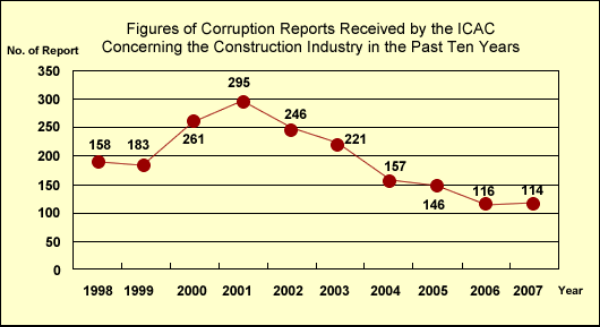Strengthening of works supervision:
A works supervision plan should be formulated before the commencement of works under which professionals should be involved in monitoring major procedures and the frequency of inspections should be specified. All records relating to the works should be properly maintained.
